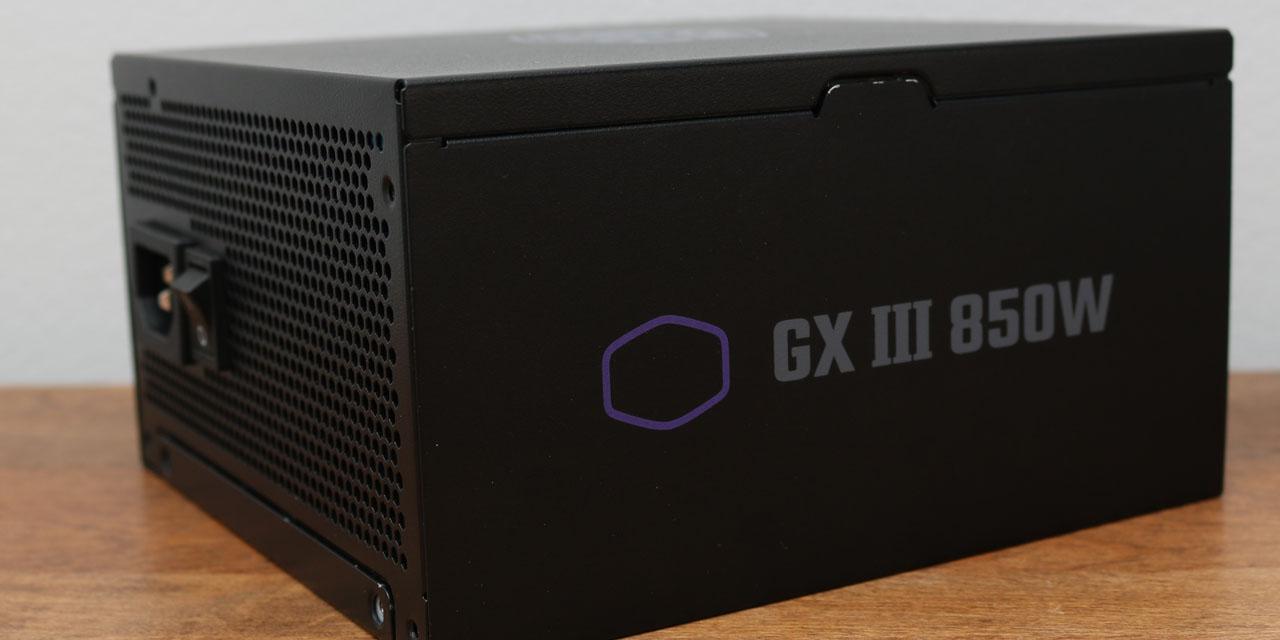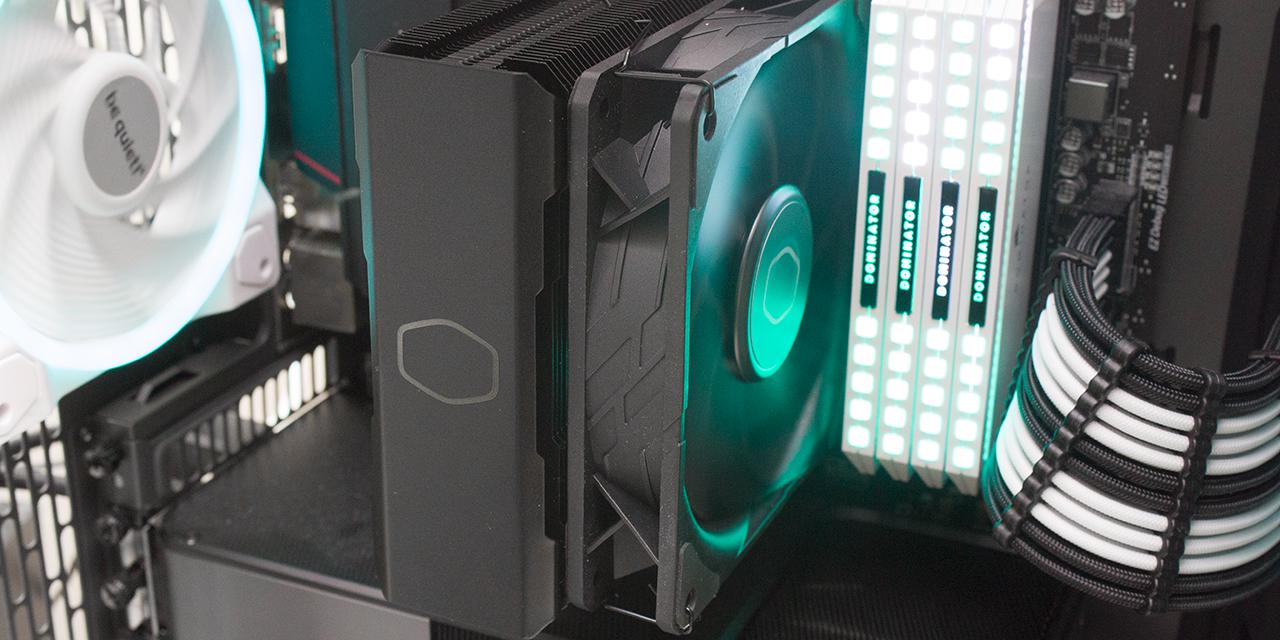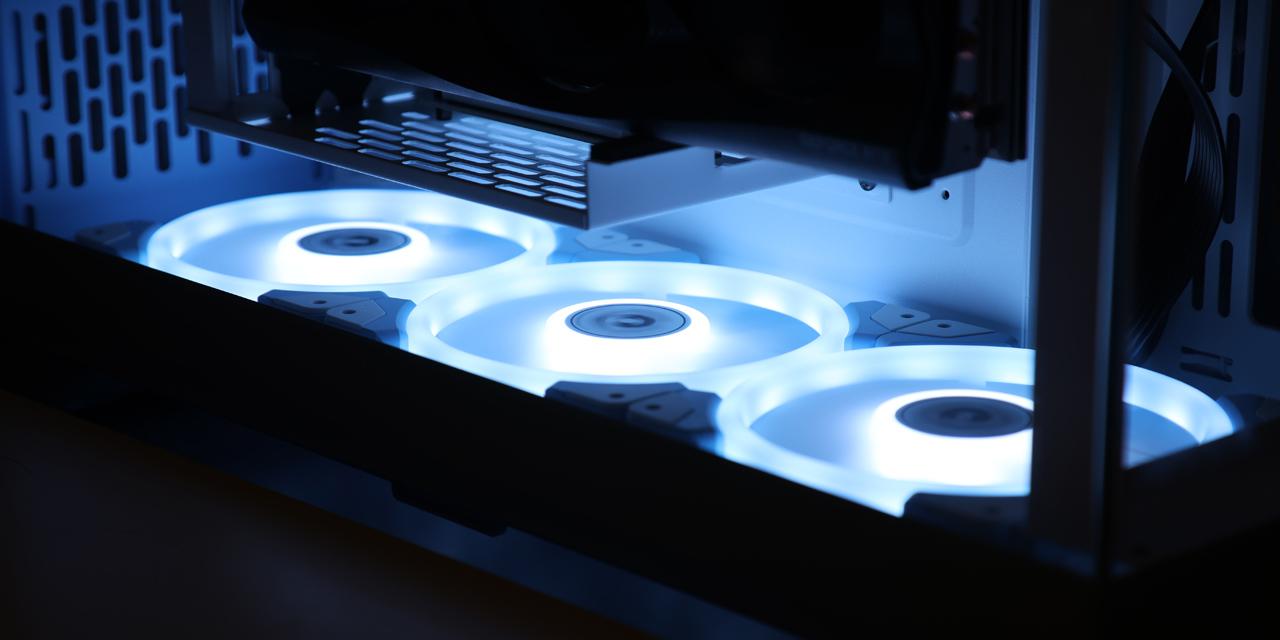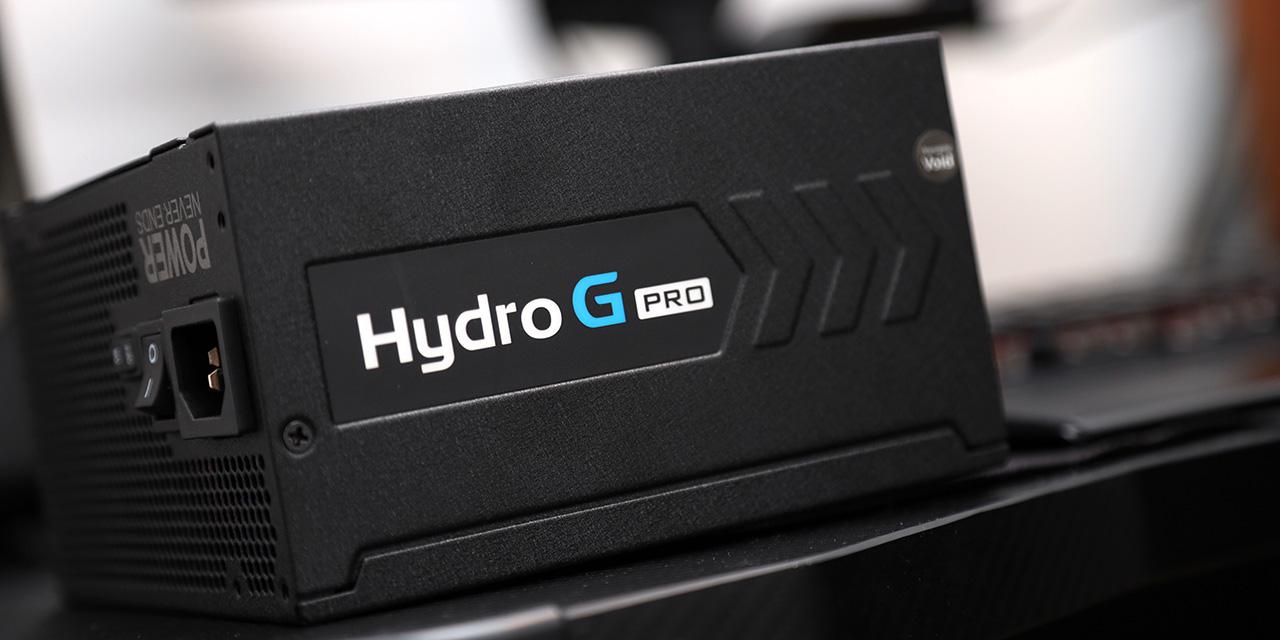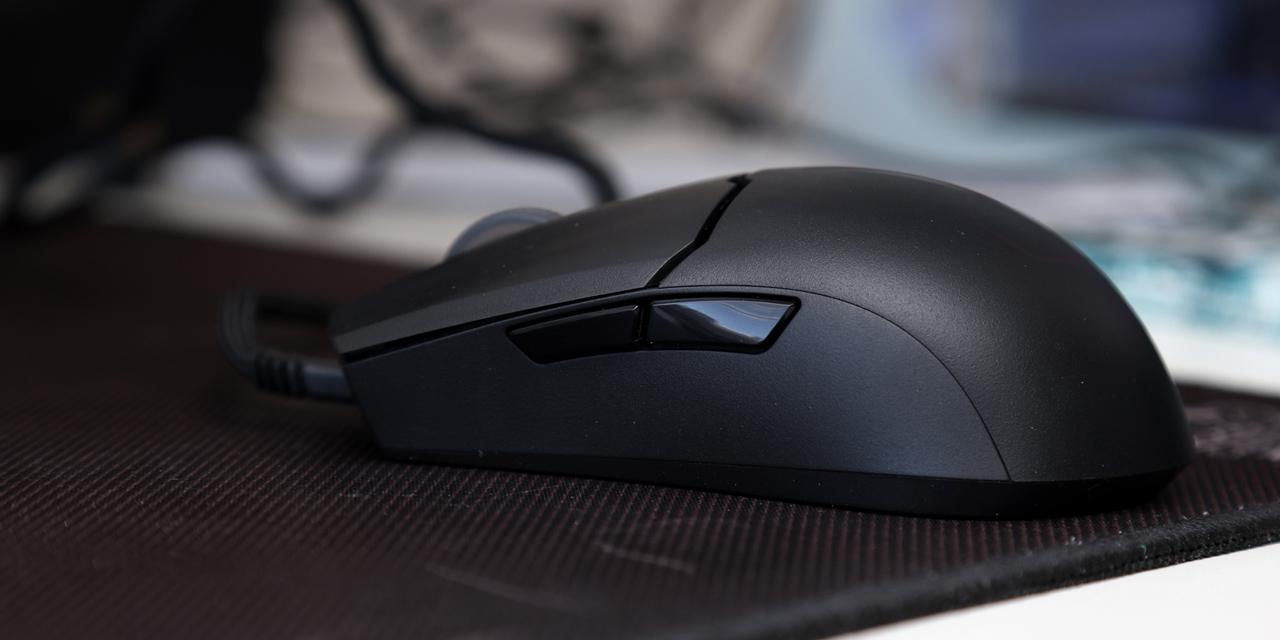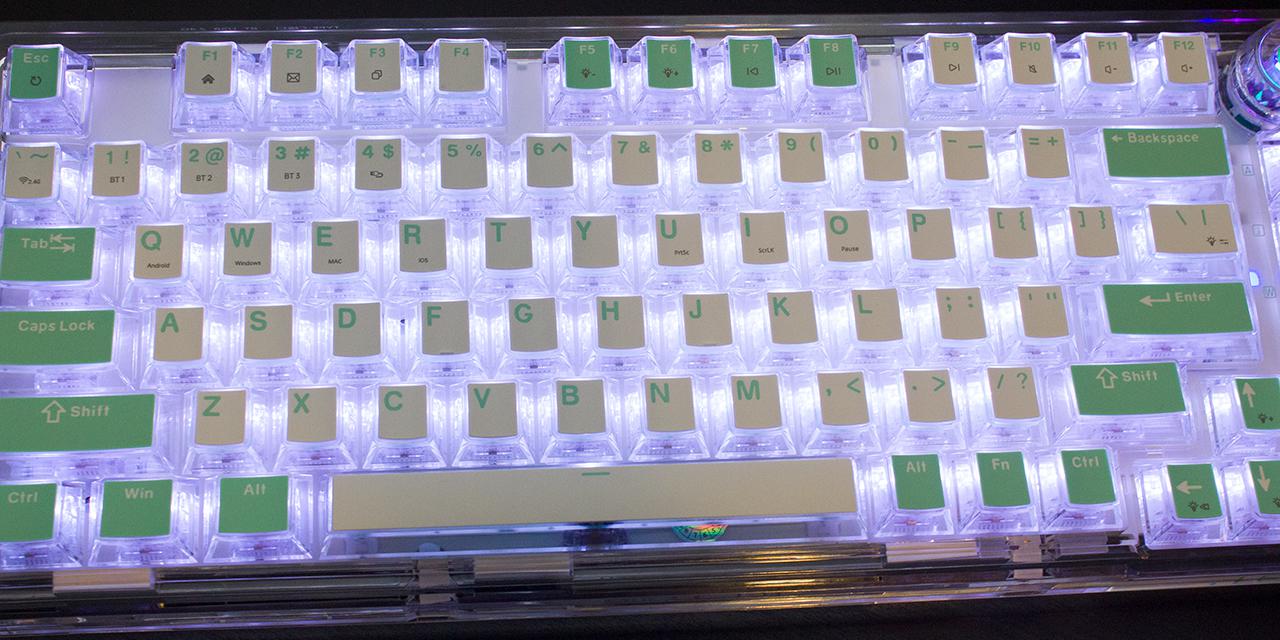Page 8 - Benchmark: PassMark PerformanceTest 7.0
About PassMark PerformanceTest 7.0M
Fast, easy to use, PC speed testing and benchmarking. PassMark PerformanceTest allows you to objectively benchmark a PC using a variety of different speed tests and compare the results to other computers.
Twenty-eight standard benchmark tests are available in six test suites plus there are seven advanced testing windows for custom benchmarking.
- CPU tests Mathematical operations, compression, encryption, SSE, 3DNow! instructions and more
- 2D graphics tests Drawing lines, bitmaps, fonts, text, and GUI elements
- 3D graphics tests Simple to complex DirectX 3D graphics and animations
- Disk tests Reading, writing and seeking within disk files
- Memory tests Allocating and accessing memory speed and efficiency
- CD / DVD test Test the speed of your CD or DVD drive
From: Developer's Page




PassMark PerformanceTest is an integral benchmarking program to our battery of standard performance evaluation software collection here at APH Networks. It takes a somewhat different approach in obtaining results compared to other programs, which is why we like to use it, haha. PassMark Performance Test 7.0's memory benchmarking tool is the only test in our setup that takes memory capacity into account. Generally speaking, doubling the RAM will increase the score by about one and a half times to two times. Both Kingston kits are 16GB, while everything else is 8GB. The Patriot Viper 3 Low Profile is 32GB. The fact that it is taking giant lead is definitely something we have been expecting for this benchmark. For the rest of the tests, they are all within a hair of each other, as expected from benchmarking memory.
Page Index
1. Introduction, Packaging, Specifications
2. A Closer Look, Installation, Test System
3. Benchmark: AIDA64 CPU
4. Benchmark: AIDA64 FPU
5. Benchmark: AIDA64 Memory
6. Benchmark: PCMark 7
7. Benchmark: 3DMark 11
8. Benchmark: PassMark PerformanceTest 7.0
9. Benchmark: SuperPI 1M, Cinebench R11.5
10. Overclocking and Conclusion
